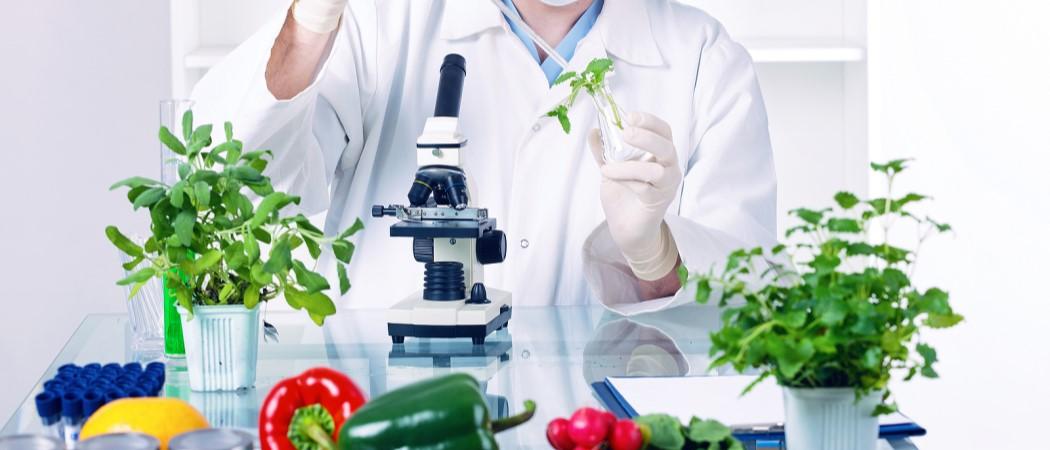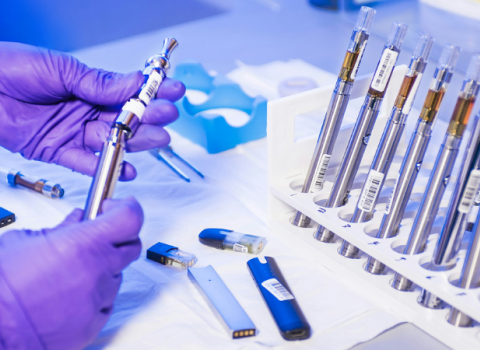A new report by Euroseeds, and the European Commission’s overt support, gives more ammunition for advocates of gene editing in crops

Biotech lobbies see the European Commission’s recent change of heart over the use of novel genomic techniques as a window of opportunity and are gearing up for a battle over regulation.
A new report published on Monday gives more ammunition for advocates for the use of gene editing in crop plants.
The report, commissioned by agriculture lobby Euroseeds and conducted by the German research company HFFA, says plant breeding is responsible for 66% of annual productivity growth in agriculture over the past two decades.
Gene editing, which does do not involve the introduction of foreign DNA, could help the agriculture industry develop optimised varieties quicker, speeding up plant breeding by 18%.
The report estimates that without the plant breeding of the past 20 years, crop yields in the EU would have been 20.6% lower, increasing reliance on imports and resulting in more land being turned over to arable use.
Speaking at the launch event of the Euroseeds report on Monday, Päivi Mannerkorpi, head of unit for plant health at the European Commission said the findings strengthen the argument for allowing gene editing. “We believe that we should use all the available tools,” she said.
Last month, the Commission published its own report recommending EU legislation on genetically modified organisms (GMOs) should be updated to allow the use targeted gene editing in crops and noting most research into commercial applications is taking place outside the EU.
The Commission is in favour of reversing a 2018 ruling by the European Court of Justice, which found precision breeding techniques are subject to the 2001 EU directive banning GMOs.
Since then, researchers and the agriculture industry have been arguing that crops developed by modern plant breeding techniques that do not involve the introduction of marker genes from other species should not be labelled as GMOs. Gene editing using Crispr-Cas9 and related techniques can improve plant characteristics without introducing foreign DNA.
The Commission says the new technologies have the potential to make food production more sustainable, with new plants that are more resistant to disease and harsher environmental conditions and which do not require the use of pesticides and fertilisers. Its “farm to fork” strategy aims to reduce the use of fertilisers by 30% and turn 25% of agricultural land over to organic farming.
EU member states are likely to come up with a position on the matter in the coming weeks. They will then consult the European Parliament and should set out a legal proposal for excluding new plant breeding techniques from the GMO directive later this year.
They will meet strong opposition from organic food producers who argue the benefits of gene editing are hypothetical and achievable by other means.
The environmental lobby group Friends of the Earth is concerned food products based on gene editing would not be labelled as GMOs on shop shelves and that new legislation could exempt a new generation of genetically modified crops from safety checks.





 A unique international forum for public research organisations and companies to connect their external engagement with strategic interests around their R&D system.
A unique international forum for public research organisations and companies to connect their external engagement with strategic interests around their R&D system.